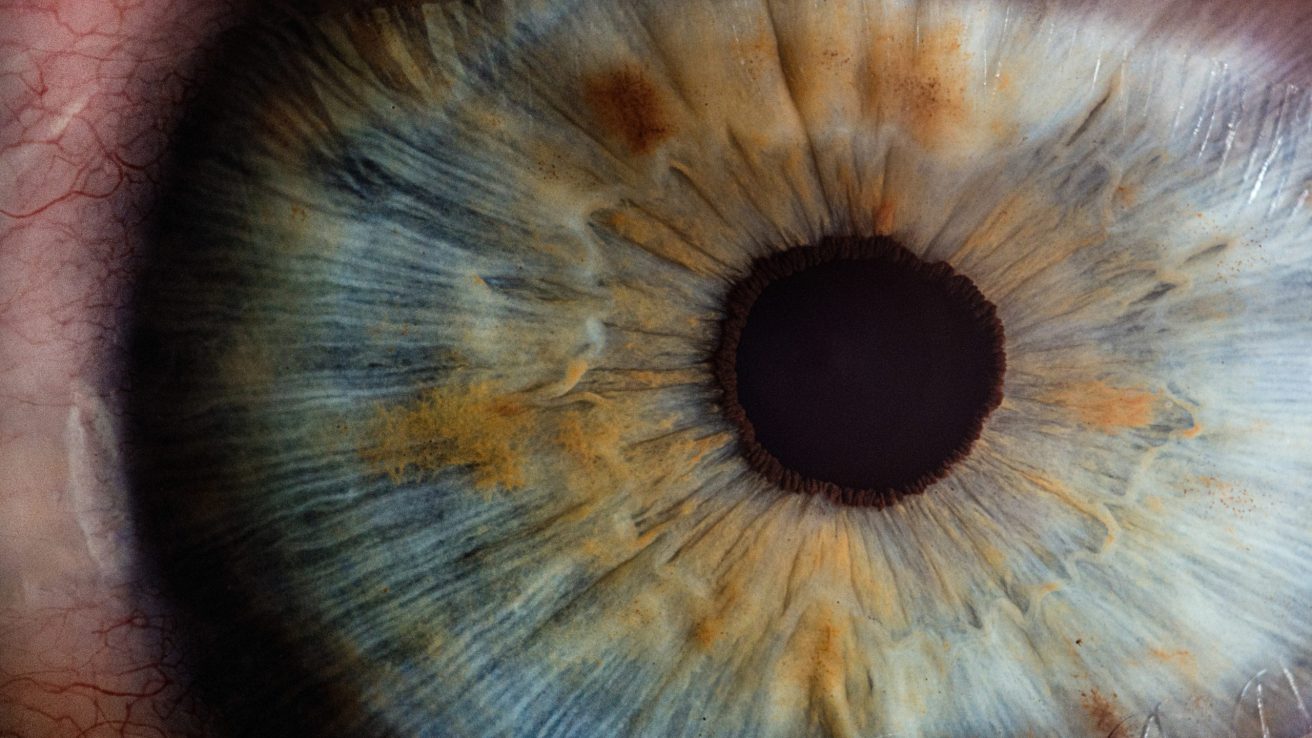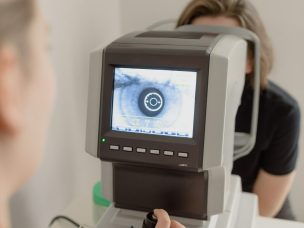Although anti-VEGF therapy has revolutionized care for wet age-related macular degeneration (AMD), real-world analyses have shown limited improvement in visual acuity over time, largely due to treatment burden. However, several pipeline therapies could reduce the financial and treatment burden of wet AMD therapy. This article, published in the International Journal of Retina and Vitreous, explored the possible effects of wet AMD pipeline therapies.
The article provided descriptions of several biosimilars for ranibizumab and aflibercept, which could reduce the financial cost of wet AMD treatment. Pipeline VEGF targets and combination medications, including those that target VEGF and platelet-derived growth factor (PDGF), VEGF and tissue factor, and VEGF and Tie-2, were also described. Lastly, the authors reviewed several long-lasting treatments, such as the ranibizumab port delivery system and gene therapy.
The authors concluded that although anti-VEGF intravitreal injections are currently the leading treatment option for wet AMD, there are many promising pipeline therapies that may decrease the financial and treatment burden on patients with wet AMD [1].
Source:
[1] Arepalli, S., & Kaiser, P. K. (2021). Pipeline therapies for neovascular age-related macular degeneration. International Journal of Retina and Vitreous, 7(1). https://doi.org/10.1186/s40942-021-00325-5










